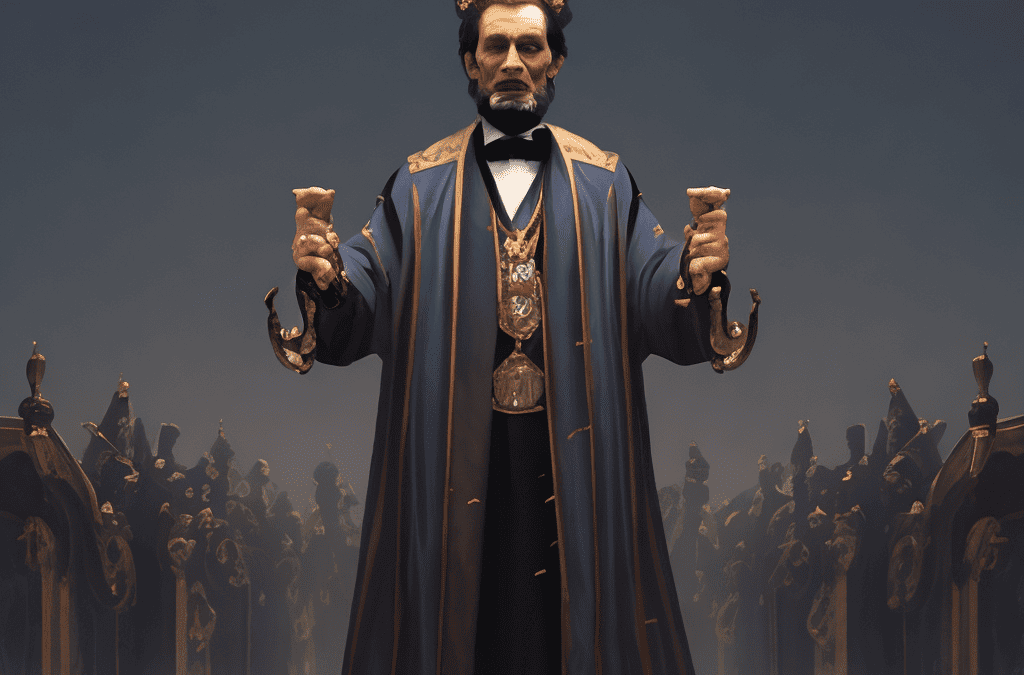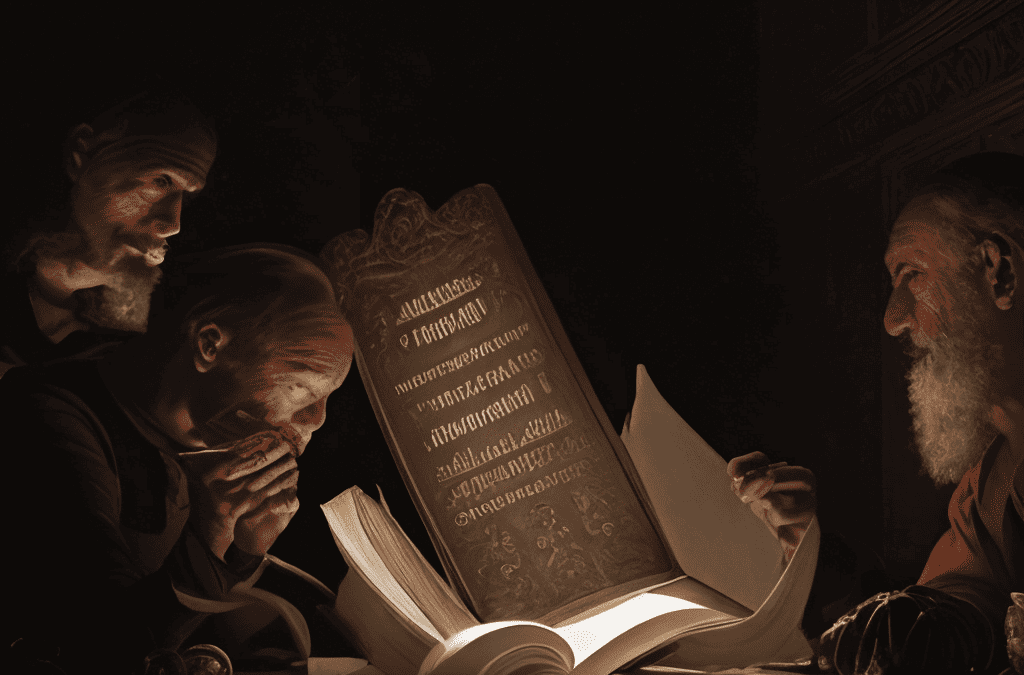
Books and censorship
Books and censorship
The list of banned, censored, and challenged books is long and illustrious.
“Decameron” (1353) by Giovanni Boccaccio, and “Canterbury Tales” (1476) by Geoffrey Chaucer were banned from U. S. mail because of the Federal Anti-Obscenity Law of 1873, known as the Comstock Law.
That law “banned the sending or receiving of works containing ‘obscene, ‘filthy,’ or ‘inappropriate’ material.
William Pynchon, a prominent New England landowner and founder of Springfield, Massachusetts, wrote a startling critique of Puritanism, that he mailed to London and had it published there in 1650. He entitled it “The Meritorious Price of Our Redemption.”
When copies of the printed book arrived back in New England, a dramatic and public scene ensued. Puritan leaders burnt Pynchon’s copies in Boston Common.
Daniel Defoe’s Moll Flanders (1722) was also banned because of the Comstock Law.
Other banned titles due to other U.S. laws included: “Candide,” (1759) by Voltaire; “Uncle Tom’s Cabin,” (1852) by Harriet Beecher Stowe; “Elmer Gantry,” (1927) by Sinclair Lewis; “Grapes of Wrath,” (1939) by John Steinbeck; and the “Pentagon Papers,” (1971) by Robert McNamara and the U. S. Department of State.
Other titles censored or withdrawn from public or school libraries in recent years include: the “American Heritage Dictionary”, the “Bible,” works of William Shakespeare, “Where’s Waldo?,” “Batman,” “Little Red Riding Hood,” “Jaws,” and “Charlotte’s Web.”
When Mark Twain learned that the Concord, Massachusetts library had removed a copy of his most recent book, “Huckleberry Finn,” from their shelves, he responded,
“A committee of the public library of your town [of Concord] has condemned and excommunicated my last book and doubled its sales. This generous action of theirs must benefit me in one or two ways.”
An ugly example of wholesale book destruction occurred in Nazi Germany on May 10, 1933, when students at 34 universities across Germany heaped book after book onto a burning pile, some 25,000 volumes, to “synchronize a literary community.”
Books by the following authors, among numerous others, went into the flames that day: Karl Marx, Ernest Hemingway, Thomas Mann, Erich Maria Remarque, Jack London, Theodore Dreiser, Helen Keller, Albert Einstein, and Sigmund Freud.
According to a survey dated May 2, 2023, by U. S. News and World Report, the 10 Best States for Education include, in order: Florida, New Jersey, Massachusetts, Colorado, Utah, Wisconsin, Nebraska, Connecticut, New York, and Washington.
Although Florida ranks number 1 in its educational programs, the state’s governor, Ron DeSantis, pushed through Florida’s legislature at least three laws in 2022.
The laws grant authority to school boards to withdraw from the shelves of school libraries books that the boards’ members deem objectionable.
What is objectionable are frank discussions about race, gender, or sexual orientation.
Three reporters from the New York Times investigated in Florida and then reported, on April 22, 2023,
“Some teachers and librarians say the policies are vague, with imprecise language and broad requirements, leading to some confusion, but they are trying to comply.”
The three also discovered, “Efforts by Florida’s 67 public school districts to put the new regulations into practice have been uneven and often chaotic. Some districts have taken no major action. Others enacted blanket removals that gutted libraries.”
Board members at one Florida school district chose to remove two books from circulation: Toni Morrison’s Beloved, and Margaret Atwood’s “The Handmaid’s Tale.”
School is now back in session this year, and one wonders, “where will this politicized censorship and book banning end?” I hope well short of a book burning.





